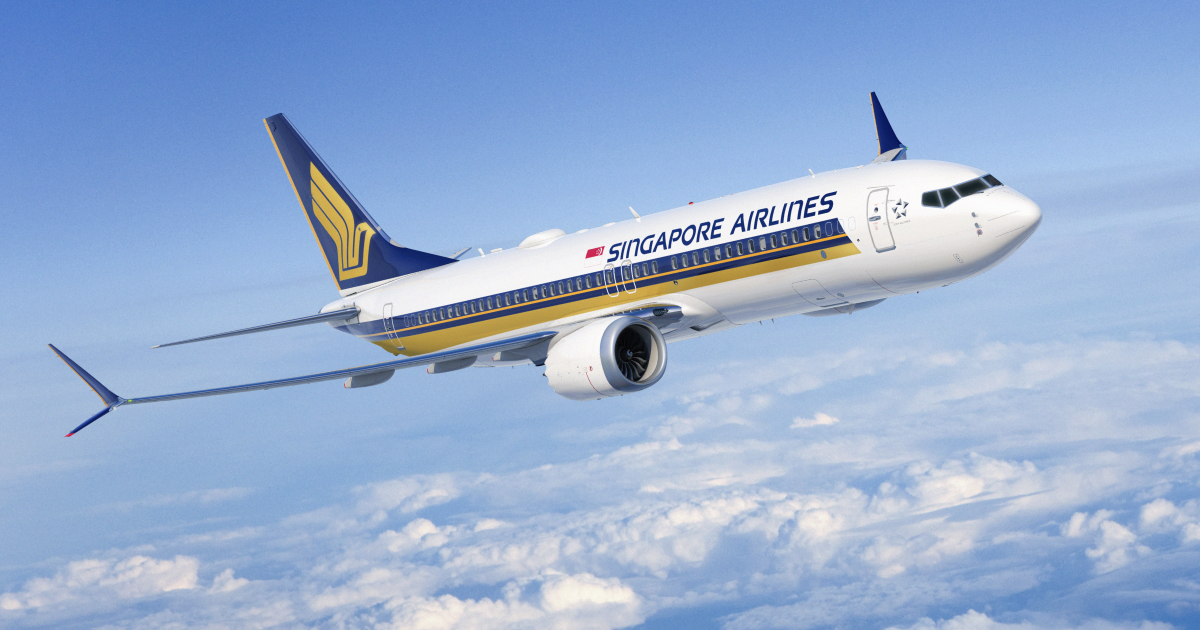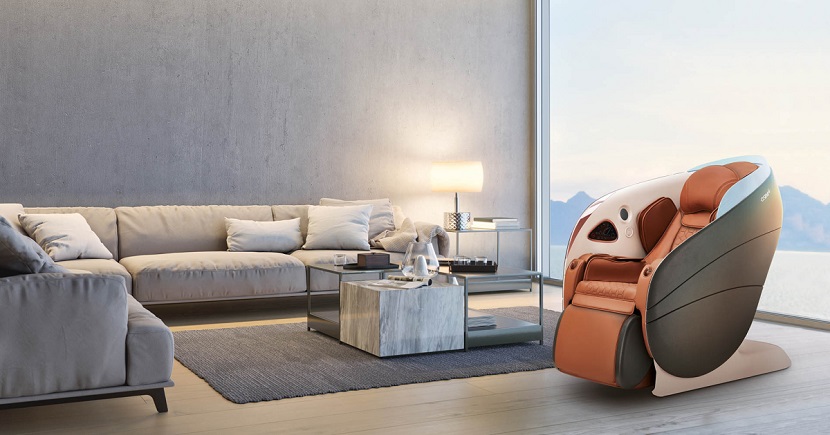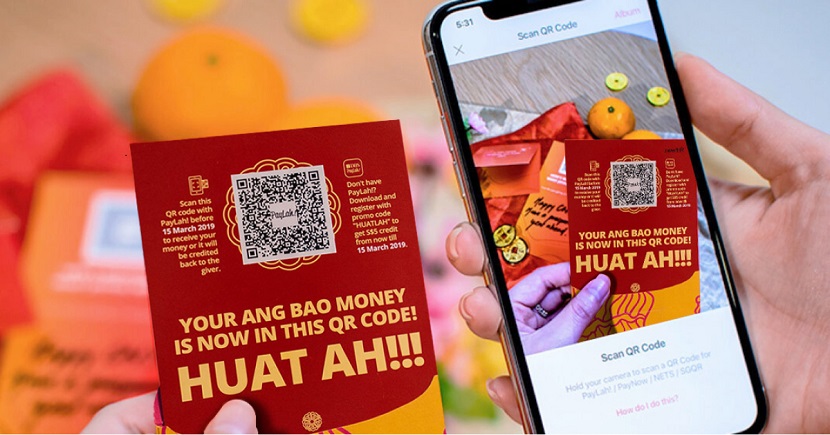: 5 Singapore companies hitting highs with innovation
Keep innovating. Keep growing. In this series, we spotlight ideas and insights to help you get into the rhythm of innovation for 2024.
Looking to thrive this year? Make innovation your resolution.
That’s how your business can continue to stay ahead of the competition amid an uncertain global economic environment. Across industries, some of the most established Singapore businesses have succeeded by making innovation a core focus and part of their culture.
As you kick off the new year, get inspired by these five business stalwarts.
Singapore Airlines: Soaring in a sky full of stars

Innovation is arguably in this airline’s DNA.
Without any domestic routes to serve, Singapore Airlines (SIA) was faced with the unique challenge of competing with international airlines from the get-go. But it had ideas in spades – and that’s how it has stood out from the rest, establishing itself as the world’s best.
SIA has achieved many firsts, thanks to its innovations to enhance air travel. For instance, it introduced the world’s widest First and Business Class seats which could also transform into fully flat beds. It was also the first airline to introduce iconic console games, such as Fallout and Actua Soccer 3, to its in-flight entertainment platform.
Even during the COVID-19 pandemic, the airline kept its game-changing streak, from being the first to trial and pilot the International Air Transport Association’s Travel Pass mobile application for digital health verification, to offering in-flight online shopping.
SIA CEO Goh Choon Phong put it down to having a strong team. He told Aviation Week: “We are fortunate to have people who are dedicated, who are innovative, who are agile, who are resilient. And really, that is what makes Singapore Airlines what it is today and what will ensure that we continue to be successful in the future”.
OSIM: Sweet uDreams (are made of this)

Disruption is good for business – according to OSIM, that is.
In an interview with The Business Times in 2016, OSIM founder Ron Sim had said: “While (the digital world) disrupts you in some way, it challenges all businesses to take a deeper look to innovate and improve. I see it as an opportunity for the next leap rather than just disruption.”
In the fast-changing consumer market, OSIM has done just that – leveraging technology and trends to come up with new, cutting-edge products like the uDream Pro Well-Being Chair. Billed as the world’s first five-senses massage chair, it blends artificial intelligence with the expertise of chiropractic massage experts and offers users comprehensive wellness in a time of rising stress.
With innovative products that increasingly hold universal appeal, OSIM has also been able to expand around the world. Today, it has over 400 stores across 25 countries including Singapore, China, and the US.
DBS Group: Hitting the right notes

Banking may be traditional, but this bank is trying to change that.
A well-known example: how it digitised the giving of ang bao (cash gifts) during Chinese New Year. An innovation that came through the bank’s own accelerator programme, the QR Ang Bao allows users of its payment app to send and receive ang bao digitally, thus reducing paper wastage and queues at bank branches.
DBS has also made waves overseas, becoming India’s first mobile-only bank in 2016. Its secret? Creating a safe and open environment for innovation by having leaders walk the talk.
“We believe that transformation leadership means you first have to excite people with a vision and second create the cultural behaviour that you want to see within the bank,” group executive and country head of DBS Singapore Han Kwee Juan shared with McKinsey.
“There are certain things we need to do from a cultural standpoint. One is creating psychological safety—an environment where people feel safe to speak up and to challenge. We’ve got to create an environment where collaborative work is practiced and not just talked about.”
Old Chang Kee: Rolling in the dough

Here’s something to chew on: Old Chang Kee may not have achieved today’s scale if it were not for a bold decision to break out of the mould.
In 1986, Old Chang Kee founder Han Keen Juan had taken the unconventional route of setting up a central kitchen to standardise and scale the production of the famous curry puffs, going against popular belief that food was better prepared on the spot.
The central kitchen came with its own set of problems, but it paved the way for the company to adopt more sophisticated equipment, thus improving consistency and productivity.
More importantly, the automation established a foundation for Old Chang Kee to expand globally. Its central kitchen is essential in providing the necessary ingredients, such as their chilli, curry and laksa pastes, to its overseas outlets.
Today, Mr Han is passing on that spirit of going against the grain by encouraging his employees to try – even if they fail. He said in an interview with Mothership: “I often tell them, as long as it's good for the company, go ahead and do it. Even if things go awry, but you set out with good intentions…it's okay."
Charles & Keith: What a wonderful (virtual) world!

The footwear and accessories label remains one of Singapore’s best-known brands – no easy feat for a brand founded 27 years ago.
It’s testament to Charles & Keith’s ability to consistently delight consumers. From venturing into the metaverse to creative collaborations, the brand keeps pace with the fast-moving fashion landscape and pushes the envelope to enhance the retail experience.
Last year, it brought its fashion to the metaverse with the #MetaCharlesKeith initiative and opened CHARLESKEITHHAUS, a virtual world modelled after its Spring Summer 2023 campaign, to offer consumers a new way of experiencing the brand. Guests could check out artworks and digital wearables and join virtual K-pop artiste APOKI in an exclusive concert.
Its philosophy when it comes to innovation: creating meaningful connections.
“Our first collection was directly inspired by customer feedback received in our Amara shop floor,” co-founder Keith Wong told CNA Lifestyle. “That really taught my brother and I the power of staying curious and listening to our customers, it continues to drive our commitment in building a brand that resonates with our consumers while consistently exceeding expectations.”
Make your business a hit
Kickstart your innovation journey with us.
Explore different ways and support to make innovation a part of your business here.


